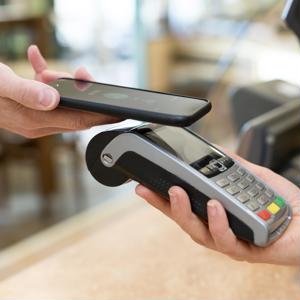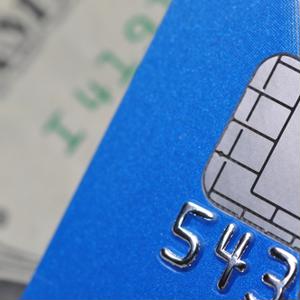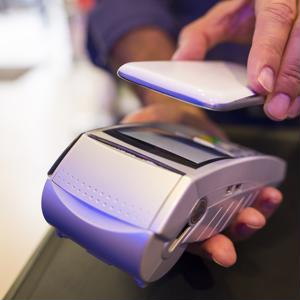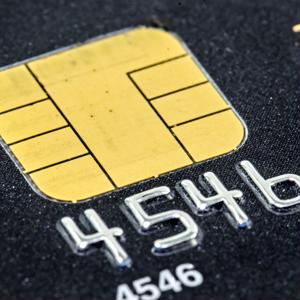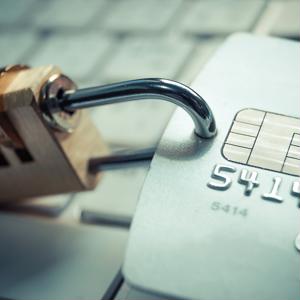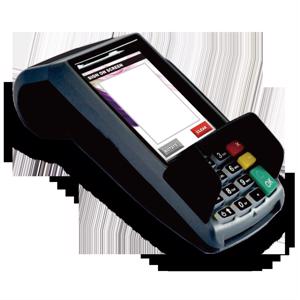Merchants sue card companies over EMV liability shift
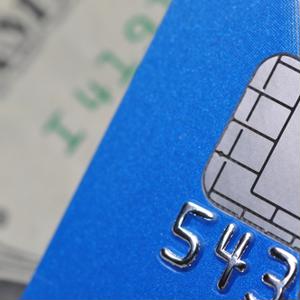
Just over five months after merchants were required to start accepting EMV cards or the liability of fraudulent charges, retailers have filed an antitrust lawsuit against the nation's largest credit card companies and banks, claiming the liability shift was instituted illegally.
The lawsuit, initially reported by The Recorder, alleges that the financial institutions conspired to transfer the liability for fraudulent transactions from themselves to retailers, merely using the transition to EMV cards as a mask. What's more, the complaint states that the process to get chip-enabled systems has been marred by technical issues that made it difficult for many merchants to achieve EMV certification by the October 1 deadline.
"Merchants were not consulted about the change, were not … more
